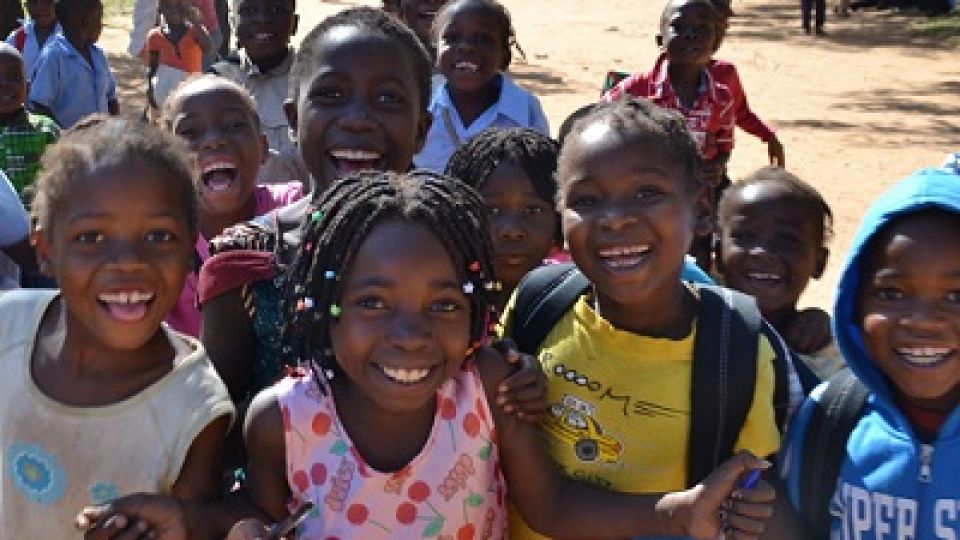from ARMANDO DOMINGOS in Maputo, Mozambique
Mozambique Bureau
MAPUTO, (CAJ News) – THE series of cyclones that continue making landfall in Mozambique is the latest trigger forcing thousands of children out of school.
This, and the Islamist insurgency that has been going on for years, is pushing children and their families even further from home.
Humanitarians are concerned at the impact these crises are having on the mental well-being of the minors.
Out of school, which offers safety and stability, children are now vulnerable to a myriad of dangers.
“For children and youth who are vulnerable during crisis, education offers a safe environment that allows them to learn and play while protecting them from risks including gender-based violence, trafficking, recruitment into armed groups, child labour, prostitution and early marriage,” lamented Roger Yates, Plan International’s Regional Director for Middle East, Eastern and Southern Africa.
He said it was important that countries, humanitarian and development partners ensured urgently that forcibly displaced children were included in national education plans.
“For most of these vulnerable children, life is very unstable,” Yates said.
“School offers stability, structure, routine, a sense of normalcy and psychosocial support that helps them cope with loss, fear, stress and violence over and above life-saving information, such as sexual reproductive health and rights, and menstrual hygiene management,” Yates said.
Storm-induced rainfall, the latest being from Cyclone Freddy that made landfall on February 24, has resulted in at least seven deaths.
More than 150 000 people have been displaced and public infrastructure damaged as services came to a halt.
Families barely have the chance to recover between crises. Those in the north are worst affected because of the Islamist insurgency that has raged from 2017.
Plan International is implementing the project, “Together for Inclusive Quality Education in Response to IDP (internally displaced person) Crisis in Cabo Delgado, in Montepuez.”
Started in May 2022, completion is scheduled for April 2023.
“We hope to improve access to inclusive quality formal education at primary school level for IDP and host community children by ensuring teachers are able to provide gender-responsive quality education services and parents support a safe and conducive learning environment for the children,” said Gerald Magashi, Country Director, Plan International Mozambique.
– CAJ News

